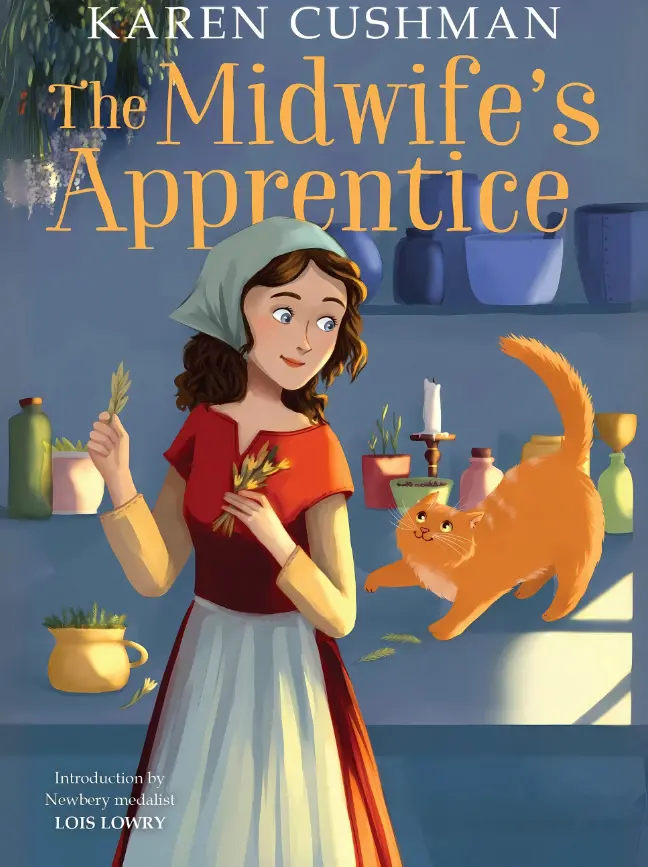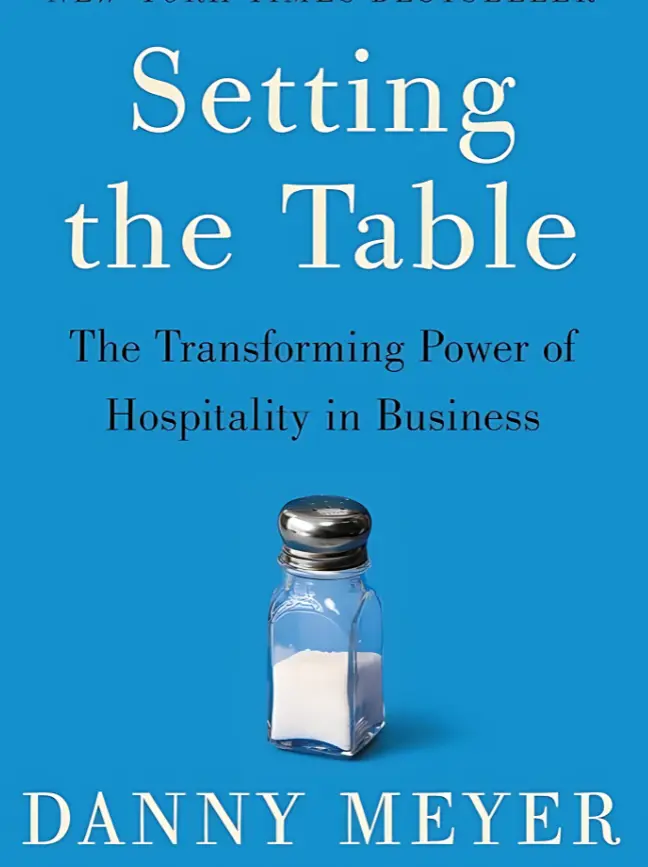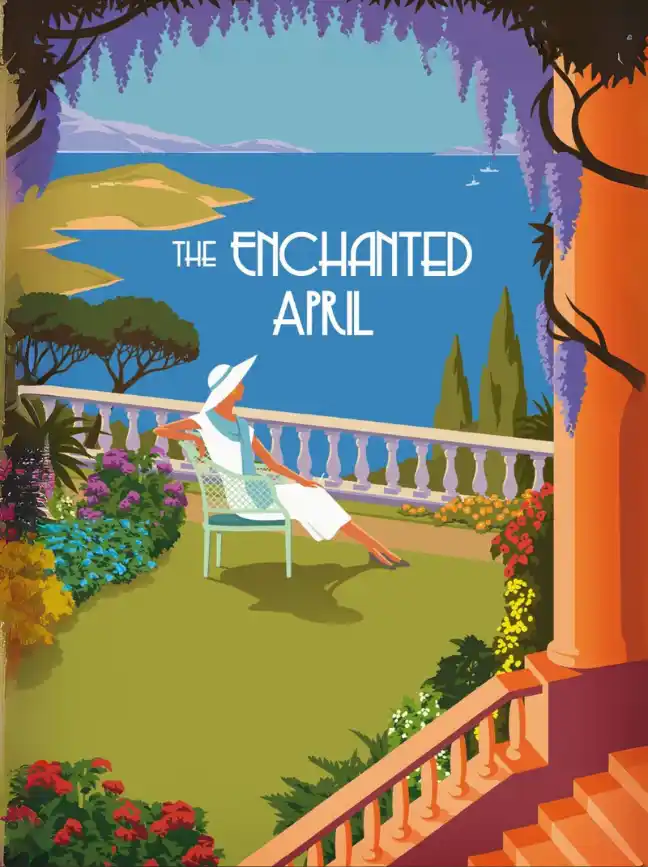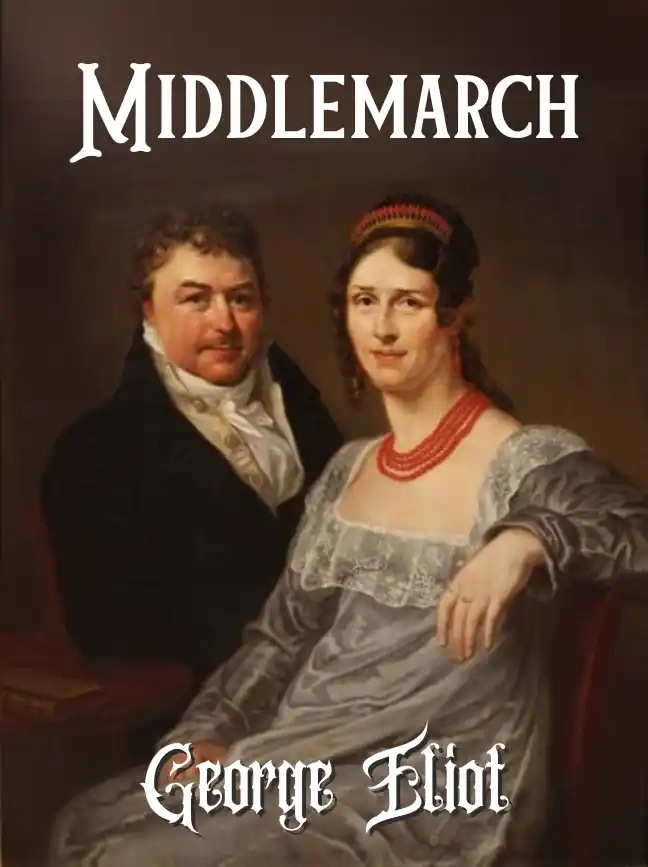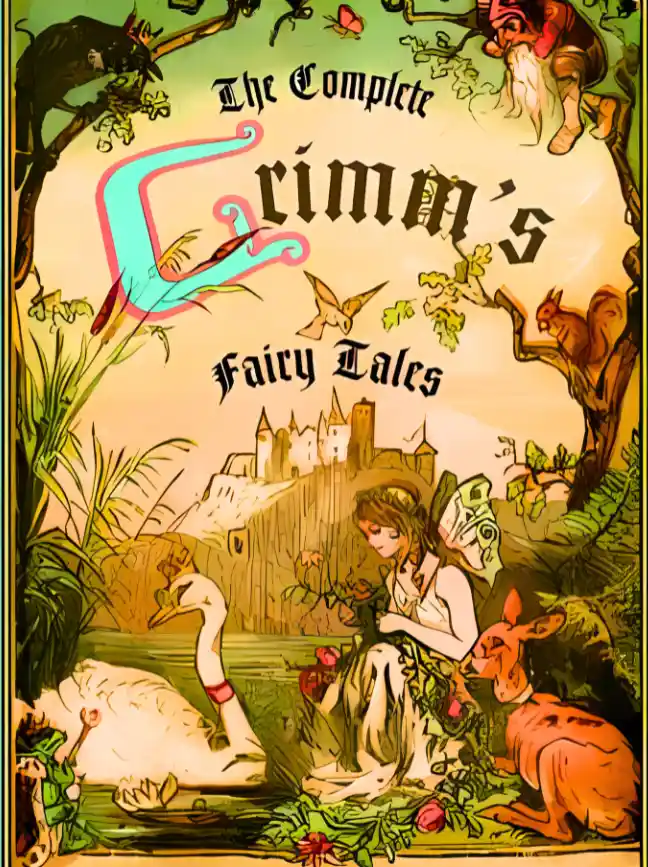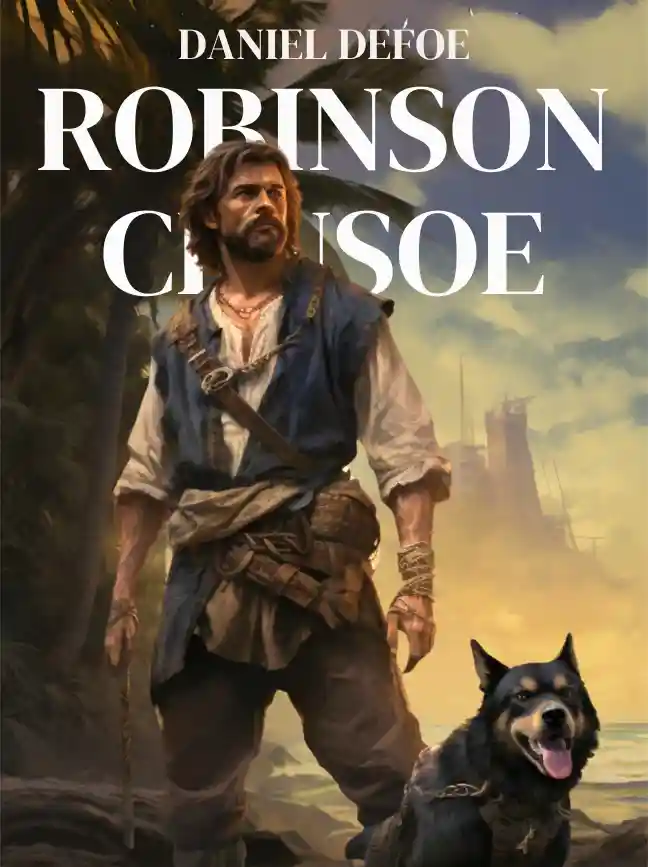The next trial was with knives. Like the others, it was observed by the Sea General and a group of strangers in blue robes. Other members of Clan Miduchi, who had undergone their own trials fifty years ago. The people whose legacy Tané might share if her body did not fail her.
Her eyes sat like pufferfish in her skull. As she picked up each knife, her hands felt slick and clumsy. She still performed better than all the apprentices but Turosa, whose skill with these blades was what had earned him such great renown at the North House.
Onren strode into the hall just after Turosa had achieved a perfect score. Her hair was loose and uncombed. The Sea General raised his eyebrows, but she only bowed to him and approached the knives.
Kanperu appeared next. The Sea General raised his eyebrows even higher. Onren took hold of a blade, found her stance, and threw it across the hall at the first scarecrow.
Every knife found its mark.
“A perfect score,” the Sea General remarked, “but do not be late again, honorable Onren.”
“Yes, honored Sea General.”
That night, the sea guardians were woken by the servants and escorted, still in their sleep robes, to a line of palanquins. Ensconced in hers, Tané chewed her nails to the quick.
They emerged from their palanquins beside a vast spring-fed lake in the forest. Raindrops pinked its surface.
“Members of the High Sea Guard are often woken in the night to answer threats to Seiiki. They must swim better than fish, for they may be separated at any time from their ship, or from their dragon,” the Sea General said. “Eight dancing pearls have been scattered in this lake. Should you retrieve one, it will encourage me to rank you higher.”
Turosa was already undressing. Slowly, Tané removed her sleep robe and waded in up to her waist.
Six and twenty sea guardians and only eight pearls. They would be hard to find in the darkness.
She closed her eyes and released the thought. When the Sea General gave the order, she sliced into the lake.
Water enfolded her. Clear, sweet water, cool against her skin. Her hair rippled around her like seaweed as she turned, straining for a glimpse of silver-green. Onren entered the lake with barely a splash. She dived, snatched her treasure, and glided upward in one graceful arc. She swam like a dragon.
Determined to be next, Tané ventured deeper. The spring, she reasoned, would waft the pearls west. Turning, she descended smoothly to the lakebed and swam using only her legs, ghosting her hands through the silt as she went.
Her chest was tight by the time her fingers brushed a tiny bead. She surfaced almost in unison with Turosa, who shook back his hair and held his pearl up to inspect it.
“Dancing pearls. Worn by the god-chosen,” he said. “Once these were symbols of heritage, of history.” He bared a knife of a smile. “Now they adorn so many peasants, they might as well be dirt.”
Tané looked him in the eye and said, “You swam well, honorable Turosa.”
That made him chuckle. “Oh, villager. I’m going to make such a fool of you that they’ll never let a peasant soil Clan Miduchi again.” He swam past. “Get ready to fall.”
He struck out for the edge of the lake. Tané followed at a distance.
There was a rumor that in the final trial, each principal apprentice would always fight another. She had already dueled Onren. Her opponent would either be Turosa or Dumusa.
If it was the former, he would do everything in his power to break her.
Niclays spent a restless night in the Governor of Cape Hisan’s mansion. The bedding was far more luxurious than what he had in Orisima, but rain battered the tiled roof and would not give him peace. On top of that, it was insufferably humid, as it always was in the Seiikinese summer.
Sometime in the small hours, he rose from the clammy heap of bedding and moved the window screen aside. The breeze was warm and thick as caudle, but at least he could see the stars. And think.
No educated person could believe in ghosts. Quacks professed that the spirits of the dead lived in an element called ether—pure drivel. Yet there was a whisper in his ear that he knew to be Jannart, telling him that what he had done to that musician was a crime.
Ghosts were the voices the dead left behind. Echoes of a soul taken too soon.
Jannart would have lied to keep the musician safe. Then again, Jannart had been good at lying. Most of his life had been a performance. Thirty years of lying to Truyde. To Oscarde.
And of course, to Aleidine.
Niclays shivered. A chill rumbled through his belly when he remembered the look in her eyes at the entombment. She had known all along. She had known and said nothing.
It is not her fault my heart belongs to you, Jannart had told him once, and he had spoken true. Like many unions among those of noble blood, theirs had been arranged by their families. The betrothal had been sealed the day Jannart turned twenty, a year before Niclays had met him.
He had not been able to face going to the wedding. The knot in the strings of their fates had tortured him. If only he had arrived at court sooner, they might have been companions.
He snorted. As if the Marquess of Zeedeur would have been allowed to wed a penniless nobody from Rozentun. Aleidine had been a commoner, but her hand in marriage had come with jewels on it. Niclays, fresh out of university, would have brought the family nothing but debt.
Aleidine must be past sixty by now. Her auburn hair would be laced with silver, her mouth framed by lines. Oscarde was at least forty. Saint, how the years flew.
The breeze did nothing to cool him down. Defeated, he closed the screen and lay back on the bedding.
The warmth basted his skin. He willed himself to sleep, but his mind refused to quiet, and a low fire burned in his ankle.
By morning, there was no sign of the storm ending. He watched it water the grounds of the mansion. The servants brought him bean curd, grilled loach, and barley tea to break his fast.
At noon, a servant informed him that the Governor had granted his request. He was to visit Triam Sulyard in the jailhouse and mine what information he could from the boy. The servants also provided him with a new walking cane, made of a stronger, lighter wood. He begged a little water of them. They brought it to him in a gourd.
A closed palanquin took him to the jailhouse at dusk. Safe inside his box, Niclays peered through the blinds.
In seven years, he had never taken a step into Cape Hisan. He had heard its music and its chatter, glimpsed its lights—like fallen stars—and longed to walk its streets, but it had remained a mystery to him. His world had been closed in a fist of high walls.
The lanternlight revealed a bustling city. In Orisima, he had been surrounded by reminders of Mentendon. Now he remembered just how far from home he was. No Western settlement smelled of cedarwood or sinking incense. No Western settlement sold squid ink or iridescent floats for fishing.
And of course, no Western city paid tribute to dragons. Signs of their presence were everywhere. Merchants touted amulets on every corner, promising luck and succor from the lords of sea and rain. Almost every street housed a driftwood shrine and a basin of salt water.
The palanquin stopped outside the jailhouse. Once it was unlocked, Niclays climbed out and slapped a gnat away from his face. A pair of prison sentinels hurried him through the gate.
The first thing that hit him was the eye-watering odor of shit and piss. He gathered one sleeve to his nose and mouth. When they passed the execution ground, the strength deserted his legs. Rotting heads were displayed on a stand, tongues swollen like curl grubs.
Sulyard had been hidden in an underground room. He lay prone in his cell, a cloth around his waist. The sentinels were good enough to hand Niclays a lantern before they left.
Their footsteps receded into the black. Niclays knelt and gripped one of the wooden bars.
“Sulyard.” He rapped his cane on the floor. “Look lively.”
Nothing. Niclays slotted his cane through the bars and gave Sulyard a firm prod. He stirred.
“Truyde,” he murmured.
“Sorry to disappoint. It’s Roos.”
There was a pause. “Doctor Roos.” Sulyard unfolded himself. “I thought I was dreaming.”
“Would that you were.”
Sulyard was in bad shape. His face had bloated like dough in the oven, and his brow had been inked with the characters for trespasser. Dried blood laddered his back and thighs.
Sulyard had no protection from a prince across the sea. Niclays might have been shocked by the brutality once, but the nations of Virtudom used crueler means to mangle the truth from prisoners.
“Sulyard,” Niclays said, “tell me what you told the questioners.”
“Only the truth.” Sulyard coughed. “That I came ashore to beg the Warlord for help.”
“Not about that. About how you reached Orisima.” Niclays pressed closer. “The other woman—the first woman you saw, the one on the beach. Did you tell them about her?”
“No.”
It was all Niclays could do not to wring the blockhead by the throat. Instead, he opened the gourd.
“Drink.” He pushed it between the bars. “The first woman took you to the theatre district instead of reporting you. It was her crime that landed you in Orisima. You must be able to describe her—her face, her clothes, something. Help yourself, Sulyard.”
A blood-streaked hand reached for the gourd. “She had long, dark hair, and a scar at the top of her left cheek. Like a fishhook.” Sulyard drank. “I think . . . that she was of an age with me, or younger. She wore sandals and a coat of gray cloth over a black tunic.”
“Offer this information to your captors,” Niclays urged. “In exchange for your life. Help them find her, and they may show mercy.”
“I beseeched them to listen to me.” Sulyard seemed delirious. “I said I came from Her Majesty, that I was her ambassador, that my ship foundered. None of them would listen.”
“Even if you were a real ambassador, which you clearly are not, they would not welcome you.” Niclays glanced over his shoulder. The sentinels would soon come back for him. “Listen carefully now, Sulyard. The Governor of Cape Hisan is sending me to the capital while this matter is investigated. Let me take your message to the Warlord.”
Fresh tears filled his eyes. “You would do that for me, Doctor Roos?”
“If you tell me more about your undertaking. Tell me why you believe Sabran needs an alliance with Seiiki.”
He had no idea if he would be able to keep his word, but he needed to know exactly why this boy was here. What Truyde had conspired with him to do.
“Thank you.” Sulyard reached between the bars and took Niclays by the hand. “Thank you, Doctor Roos. The Knight of Fellowship blessed me with your company.”
“I’m sure,” Niclays said dryly.
He waited. Sulyard squeezed his hand and lowered his voice to the barest whisper.
“Truyde and I,” he began, “we— we believe the Nameless One will awaken very soon. That the endurance of the House of Berethnet was never what kept him imprisoned. That come what may, he will return, and that is why his servants have been stirring. They are answering his call.”
His lips trembled as he spoke. Expressing the idea that the House of Berethnet was not what kept the Nameless One at bay was high treason in Virtudom.
“What led you to believe this?” Niclays asked, stumped. “What doomsinger has frightened you, boy?”
“Not a doomsinger. Books. Your books, Doctor Roos.”
“Mine?”
“Yes. The books on alchemy you left behind,” Sulyard whispered. “Truyde and I were planning to find you in Orisima. The Knight of Fellowship took me to your side. Do you not see that this is a divine mission?”
“No, I do not, you witless cabbage.”
“But—”
“You really thought the rulers of the East would be more sympathetic to this mad-born proposal than Sabran?” Niclays sneered. “You thought you would cross the Abyss and risk your heads . . . because the two of you leafed through a few books on alchemy. Books that take alchemists decades, if not lifetimes, to understand. If they ever do.”
He almost pitied Sulyard for his folly. He was young and love-drunk. The boy must have convinced himself that he was like Lord Wulf Glenn or Sir Antor Dale, the romantic heroes of Inysh history, and must honor his lady by charging headlong into danger.
“Please, Doctor Roos, I beg you, hear me. Truyde does understand those books. She believes there is a natural balance in the world, as ancient alchemists did,” Sulyard prattled on. “She believes in your work, and she believes she has found a way to apply it to our world. To our history.”
Natural balance. He was referring to the words scored into the long-lost Tablet of Rumelabar, words that had fascinated alchemists for centuries.
What is below must be balanced by what is above,
and in this is the precision of the universe.
Fire ascends from the earth, light descends from the sky.
Too much of one doth inflame the other,
and in this is the extinction of the universe.
“Sulyard,” Niclays said through his teeth, “no one understands that wretched tablet. This is guesswork and folly.”
“I was not convinced at first, either. I was in denial. But when I saw the passion in Truyde—” Sulyard tightened his grip. “She explained it to me. That when the wyrms lost their flame and fell into their long sleep, the Eastern dragons grew strong. Now they are losing their strength once more, and the Draconic breeds are awakening. Do you not see? It is a cycle.”
Niclays looked again at that eamest face. Sulyard was not the author of this mission.
Truyde. It was Truyde. Her heart, and her mind, were the soil it had sprung from. How like her grandsire she had become. The obsession that had killed him had lived on in his blood.
“You are both fools,” he said hoarsely.
“No.”
“Yes.” His voice cracked. “If you know the dragons are losing strength, why on earth do you want help from them?”
“Because they are stronger than us, Doctor Roos. And we have a better chance with them than we do alone. If we are to have a hope of victory—”
“Sulyard,” Niclays said, softer, “stop. The Warlord will not hear this. Just as Sabran will not hear it.”
“I wanted to try. The Knight of Courage t-teaches us to raise our voices when others fear to speak.” Sulyard shook his head, tears welling. “Were we wrong to hope, Doctor Roos?”
Suddenly Niclays felt exhausted. This man was going to die in vain a world away from home. There was only one thing to do. Lie.
“It is true that they trade with Mentendon. Perhaps they will listen.” Niclays patted the grimy hand that held his. “Forgive an old man his cynicism, Sulyard. I see your passion. I am convinced of your sincerity. I will ask for an audience with the Warlord and put your case to him.”
Sulyard pushed his weight on to his elbow. “Doctor Roos—” His voice thickened. “Will they not kill you?”
“I will risk it. The Seiikinese respect my knowledge as an anatomist, and I am a lawful settler,” Niclays said. “Let me try. I suspect the worst they will do to me is laugh.”
Tears filled those bloodshot eyes. “I do not know how to thank you.”
“I have a way.” Niclays grasped his shoulder. “At least try to save yourself. When they come for you, tell them about the woman on the beach. Swear to me that you will tell them.”
Sulyard nodded. “I swear it.” He pressed a kiss to Niclays’s hand. “The Saint bless you, Doctor Roos. There is a seat for you at his Great Table beside the Knight of Courage.”
“He can keep it,” Niclays muttered. He could envision no greater torment than feasting with a circle of dead braggarts for eternity.
As for the Saint, he would have his work cut out if he meant to save this wretch.
He heard the sentinels approaching and withdrew. Sulyard set his cheek on the floor.
“Thank you, Doctor Roos. For giving me hope.”
“Good luck, Triam the Fool,” Niclays said quietly, and allowed himself to be marched back into the rain.
Another palanquin was waiting at the jailhouse gates. It was far less grand than the one that had taken him to the Governor, borne by four new chair-carriers. One of them bowed to him.
“Learnèd Doctor Roos,” she said, “we have orders to return you to the honored Governor of Cape Hisan, so you might report what you have learned. After that, we will take you to Ginura.”
Niclays nodded, tired to his bones. He would tell the Governor of Cape Hisan only that the outsider wished to help identify a second person who had aided him. That was where his involvement ended.
As he hoisted himself into the palanquin, Niclays wondered if he would ever see Triam Sulyard again. For Truyde’s sake, he hoped so.
For his own sake, he rather hoped not.


